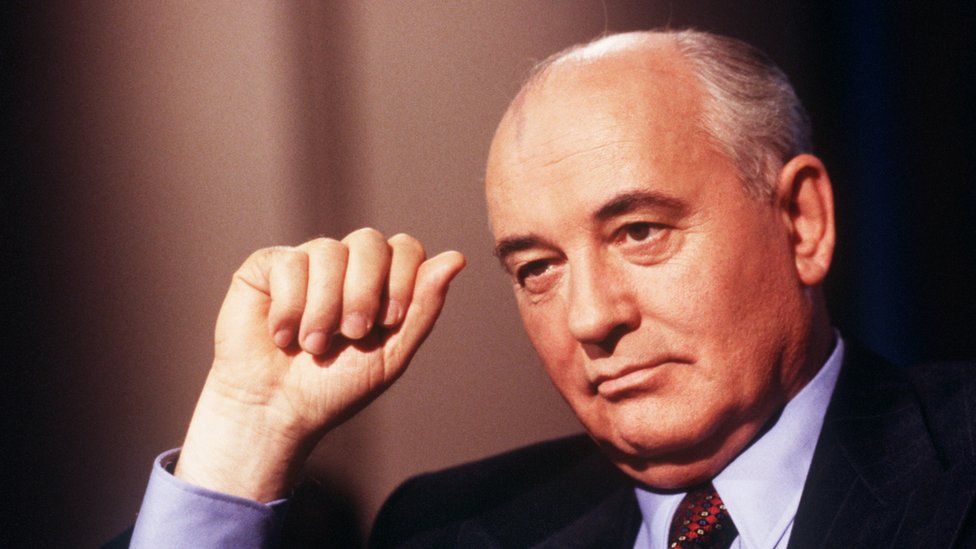
Mikhail Gorbachev, the man who ended the cold war breathed his last at the age of 91. He is also credited with paving the way for Capitalism in Russia. Read to know more about the last soviet leader.
Mikhail Gorbachev started restructuring the system
The fall of the Soviet Union was both, a devastating hit and a beneficial event for Russia. With the rising of the ‘Iron curtain,’ companies from around the world were eager to set foot in the nation. The new market was a perfectly clean slate for global franchises looking to expand their base. The Soviet leader, Nobel peace prize winner, and the former president was instrumental in ending the cold war. While the fall of the Berlin wall had a huge global impact, its ripples spread through Russia as it was getting ready to welcome capitalism.
With the suffering of the Russian economy towards the end of 1990, Gorbachev started restructuring the system. Inviting global franchises to the once closed-off land, was his first move. “We cannot live this way any longer,” he stated during the time according to the New York Times.
Capitalism in Russia: From McDonald’s to Pizza Hut
January 1990 was a historical moment for the Russian economy as the nation saw the first McDonald‘s in Moscow’s Pushkin Square. The name was popular with citizens and it was no surprise as people waited in line to spend the “four days’ salary” on a classic McDonald’s meal. In the next few years, the nations saw a slew of American toys, cars, and clothing brands making their way into the nation. Sales rose through the roof as customers were looking for more after being familiar with shortages during the Soviet era.
Soon McDonald’s started expanding and Pizza Hut followed along. Pizza hut engineered its menu to the Russian taste and also featured Mikhail Gorbachev in an ad. For the next ten years, Russia was the host to several famous American brands such as Ford, Starbucks, and Apple. While the entry of the newer brands was not under Gorbachev’s tenure, the impact of his policies was profound. His policies shaped the social and cultural structure of Russia in the coming years.
